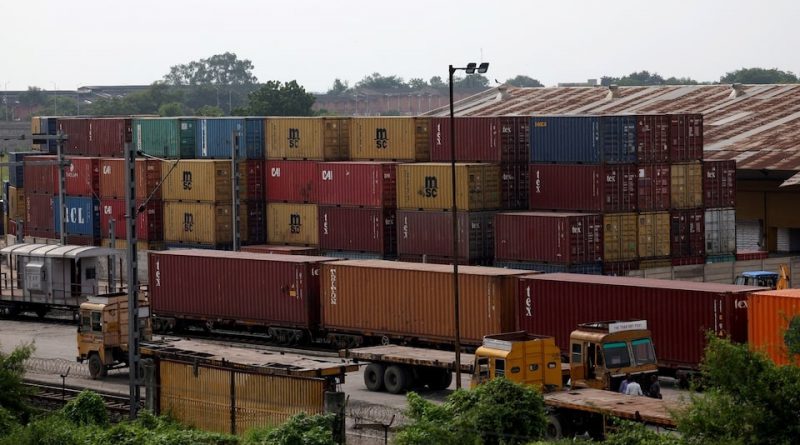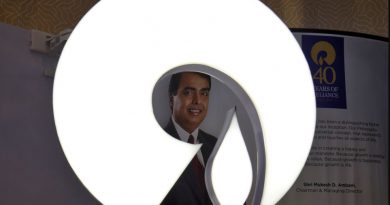India’s Central Bank Unveils Relief Measures for Exporters Affected by U.S. Tariff Hike
New Delhi — India’s central bank on Friday announced a series of relief measures aimed at supporting exporters who have been significantly impacted by the sharp increase in U.S. tariffs imposed in recent months.
The move comes as several Indian industries continue to face pressure from higher trade duties, especially after Washington introduced new levies affecting a wide range of products.
The Reserve Bank of India (RBI) said exporters will receive a moratorium on all term loan repayments falling between September 1 and December 31, 2025.
The payment freeze is designed to ease immediate financial strain on businesses while still ensuring interest accrues at a simple interest rate, preventing a compounding burden on borrowers.
The United States recently raised tariffs on multiple categories of Indian exports, including a punitive 25% duty linked to New Delhi’s purchase of Russian oil.
As a result, total export-related duties have reached as high as 50%, affecting sectors such as garments, leather goods, jewellery, engineering products, chemicals, and other labor-intensive industries.
In its statement, the RBI also released a detailed list of 20 sectors that qualify for relief under the new framework. Any exporter operating within these identified sectors will be eligible for moratorium benefits and related support measures introduced under the policy.
To support long-term business contracts, the RBI extended the deadline for exporters to repatriate their overseas earnings from nine months to fifteen months.
Officials said the extended timeline gives exporters more room to negotiate terms with global buyers who may also be reassessing supply chain commitments amid changing tariff environments.
Additional steps include an increase in the maximum credit period for export loans disbursed until March 31, 2026.
The credit window has been expanded from 270 days to 450 days, allowing businesses more flexibility in managing their payment cycles while dealing with slower demand from international markets.
The RBI also eased rules for shipments made against advance payments.
Exporters may now ship goods within three years from the date they receive advance payments, compared with the previous limit of one year, giving companies more time to fulfill orders disrupted by tariff-related delays.
All measures are effective immediately and are intended to ensure exporters have adequate financial cushioning during a period of trade uncertainty.
Officials emphasized that the intent is to stabilize the export sector while the government works on longer-term solutions to address tariff challenges.
The announcement follows earlier requests from trade bodies and exporters who had urged the central bank to consider temporary relief measures.
Reports indicated that in September, industry representatives held closed-door meetings with top RBI officials, seeking help in the form of deferred repayments and more favorable currency support.
This is not the first time the RBI has offered such assistance. During the COVID-19 pandemic in 2020, the central bank had permitted similar extensions on payment deadlines and repatriation timelines to help firms navigate economic disruptions.
The central government also approved a major financial support package earlier this week, worth 450.6 billion rupees ($5.1 billion), aimed specifically at exporter assistance.
The package includes 200 billion rupees in credit guarantees to help reduce borrowing risks for banks lending to affected companies.
Indian exports to the United States, the country’s largest trade partner, have shown visible signs of strain since the latest tariffs took effect in late August.
Merchandise exports fell nearly 12% year-on-year to $5.43 billion in September, with engineering goods alone declining around 10% according to trade data reviewed by industry groups.
Despite the tariff friction, diplomatic discussions between Washington and New Delhi are ongoing. U.S. President Donald Trump said earlier this week that the two countries were close to finalizing a deal aimed at expanding both economic and security ties, though details have yet to be made public.



